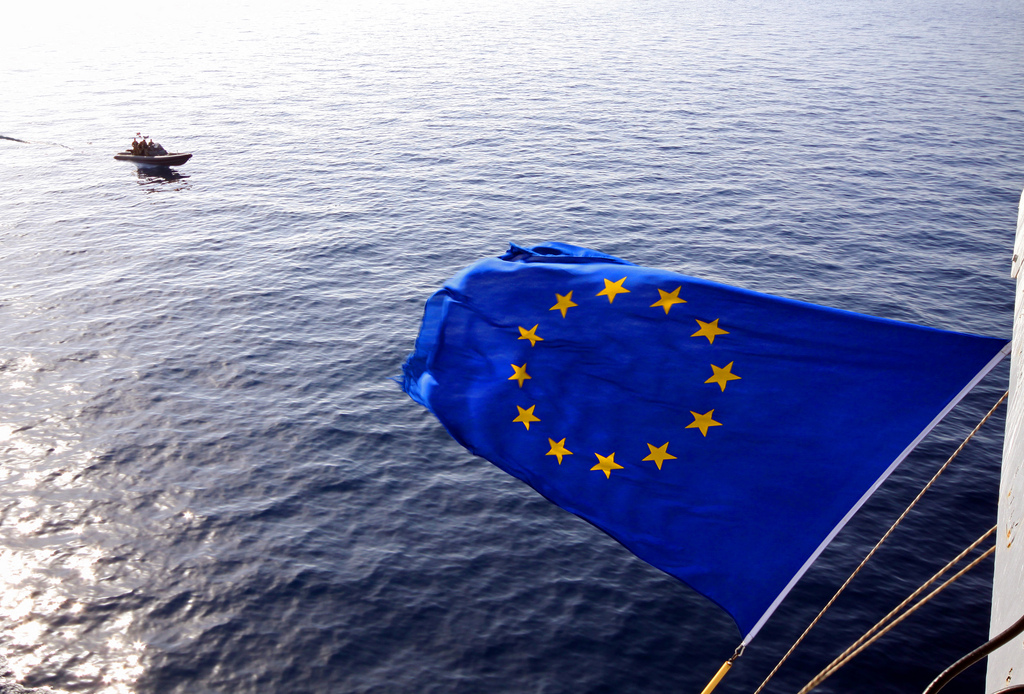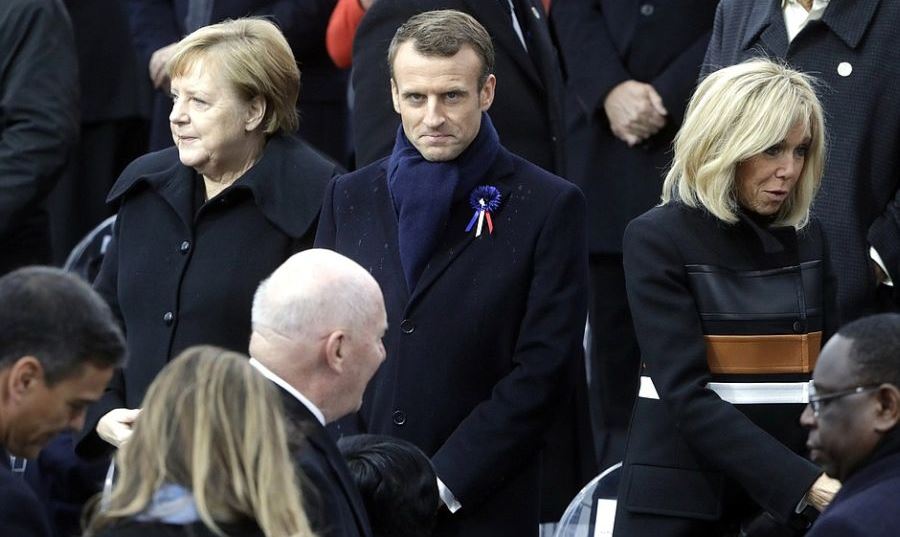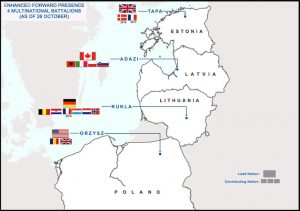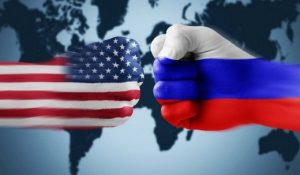
Views: 1042

French president Macron’s call for the creation of a “European Army” and the implicit end of NATO alliance reflects the changing global order, the credit for which must, in the first place, go to the US president Trump, who, through his series of actions, has unwittingly done enough damage to the alliance to force the EU to wean away from the so-called western alliance and project itself as an independent player in the international arena. On the one hand, the concept of a “European army” affirms the growing distance between the US and its allies in Europe, and on the other, it also emphasises how Europe, despite Brexit, intends to stay as one bloc in the international arena and how the creation of a “European army” will only reinforce their existence as a regional bloc. To quote Macron, “We have to protect ourselves with respect to China, Russia and even the United States of America. We will not protect the Europeans unless we decide to have a true European army.” The emphasis on “we” and the projection from the US as a potential threat and an enemy speaks volumes about how the idea of a “European army” actually clashes with rather than compliments NATO.

The US, therefore, will lose on at leas two major fronts: its global influence will wane at a time when its self-proclaimed ‘global leadership’ role is being consistently challenged by Russia and China, and its ability to materialize its global foreign policy objectives will be seriously affected. This has already started to reflect in how some of the EU policies are going to potentially dilute the impact of the ‘toughest ever’ US sanctions on Iran. This will also mean that with Europe establishing its own military, completely independent of the US, and with Europe also engaging itself with Russia in a “real security dialogue”, as Macron himself put it, Russia, as also China, will be in much better position to counter the US domination of the world than has been the case.
It was, therefore, not surprising to see Russia’s Vladimir Putin appreciating the idea of a “European army”, saying that “Europe is … a powerful economic union and it is only natural that they want to be independent and … sovereign in the field of defence and security”, adding further that it would be “a positive process” that would most likely “strengthen the multipolar world”, and in pursuing this type of world order, Russia’s position “is aligned with that of France.”
Hitting at the core of the issues between Europe and the US, Putin said that the need for a new security dialogue with Russia was imperative since “it is not us who are going to withdraw from the INF Treaty. It is the Americans who plan to do that.” And since it the US alone which has repeatedly accused Russia of INF violations and that no EU countries have joined Trump in this chorus, it is logical to see Europe thinking of a “European army” and enter into a new security dialogue with Russia, for if Europe had really believed in Trump’s rhetoric, they would have decided to strengthen the transatlantic treaty rather than throw out the idea of a “European army”, which clearly is in clash with the US rather than Russia. In other words, the idea of a “European army”, if implemented ever, would only reorient Europe.
It is again for this reason—the growing frustration with the US over its not so down-to-earth policies—that the idea of a “European army” has fond affection not just in France, but also in Germany and European commission. Apparently, the idea of a “European army” isn’t the creation of French president’s mind, but of European commission’s president Jean-Claude Juncker, who reportedly presented this idea about four years ago and argued how necessary it was for Europe to have its own “meaningful defence identity.” It is therefore not surprising to see the commission expressing its ‘delight’ over the recent call for the creation of a “European army.”
The idea had earlier failed to gain traction because the UK had potentially threatened to veto any such move. But the UK, the US’ closest ally in Europe, is now leaving the EU, and there is now enough room for France and Germany to reorient the EU in global geo-politics.
On the other hand, an ‘angered’ Trump, already pressurising the EU countries to beef up their NATO contributions, might feel it a lot more difficult in his own self to support the EU or even NATO when push comes to shove. But will push come to shove when EU currently has more problems with the US than with Russia or even China?
EU is cooperating with Russia over Syria and Iran, and Macron has initiated a debate in Europe about a new security dialogue with Russia, which means that a geo-strategic shift, howsoever imperceptible one may think it is, in Europe is underway, and the probable push vis-à-vis Russia and China is highly unlikely to come to shove in EU at least in the foreseeable future, for the idea of a “European army” is only a logical progression of how EU and the US have drifted apart over Paris climate agreement, over Iran and NATO and even over EU’s relations with Russia.

Originally published on 2018-11-19
About the author: Salman Rafi Sheikh, research-analyst of International Relations and Pakistan’s foreign and domestic affairs, exclusively for the online magazine “New Eastern Outlook”.
Source: New Eastern Outlook
Origins of images: Facebook, Twitter, Wikimedia, Wikipedia, Flickr, Google, Imageinjection & Pinterest.
Read our Disclaimer/Legal Statement!
Donate to Support Us
We would like to ask you to consider a small donation to help our team keep working. We accept no advertising and rely only on you, our readers, to keep us digging the truth on history, global politics and international relations.








